|
Over the last ten year there has been a loss of 100,000 women in Australia. That might be a mother, daughter, Nana, daughter in-law, aunt, or your sister which is horrendous when you stop and think about how many lives are affected and grieved. Each hour of the day someone is lost from heart disease. Most people think that the heart is located towards the left of their chest when in fact it is in the center of our chest, slightly to the left between the right and left lungs just left of the breastbone. Every Minute counts when someone is experiencing any signs and symptoms of a heart attack and many women don't recognize these. What can be occurring could be sudden partial or complete blockage of a coronary artery that supplies the heart muscle with blood. Changes to the heart rhythm is a life-threatening situation as it is sometimes called a silent killer and once blood is withheld from an area of the heart muscle, that tissue begins to deteriorate ad can die. Signs & SymptomsFor some, sudden cardiac arrest may be the first sign, but for others most will have some warning and in some instances for days or even weeks.I have heard this many times and i'm sure you may have also. Women are more likely than men to have heart attack symptoms unrelated to chest pain and describe it more of discomfort or indigestion or pressure rather than pain. Below are the more typical signs:
Prevention is going to be the best thing we all can do. A general heart health check with you doctor is a great beginning and will alert you to any personal risks or risk factors such as blood pressure, cholesterol, lifestyle, clinical or even family history. Women are jugglers of time, commitments, work, children, family etc and often struggle to find energy to look after themselves or even to make and keep an appointment with their doctor. The Heart Foundation's June campaign 'Making the Invisible Visible' is for women to be supported and educated assisting this horrible statistic to be far reduced.
It will be either a tablet or an oral spray that they can put under their tongue and should start to ease the pressure within a few seconds. Will take longer to resolve it for them and if it does then their is no need to call an ambulance, however if it doesn't work as usual for them go ahead and make that call (000). If they don't have Angina and they are getting worse, symptoms are severe or last longer than 10 Minutes you should also call an ambulance (000). Reassure them, as you stay with them encouraging them to keep their breathing as controlled as possible, watch their skin for any colour changes and decrease of conscious levels as you may be required to initiate CPR( Cardiopulmonary Resuscitation) and use an AED (Automated External Defibrillator) if available. Keep in touch with the 000 operator and they will support you through out the incident. Remember to stay calm. At times the they may require you to administer aspirin (300 mg) and dissoluble type is preferred if available. When the ambulance arrives give them the information as they ask you. These actions may save someones life
Choose to B-The One to Make a Difference!
1 Comment
|
AuthorI'm all about educating those who have completed a First Aid Course & those that haven't....... You can B-The one to make a difference so B-Ready! Archives
February 2018
Categories |
We Would Love to Have You train with us!
HoursOffice hours
M-Th: 9am - 5pm F: 9am-4pm |
Telephone |
|
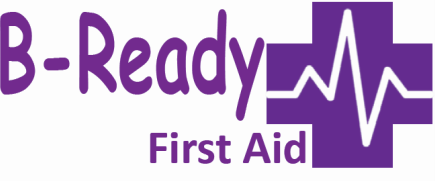
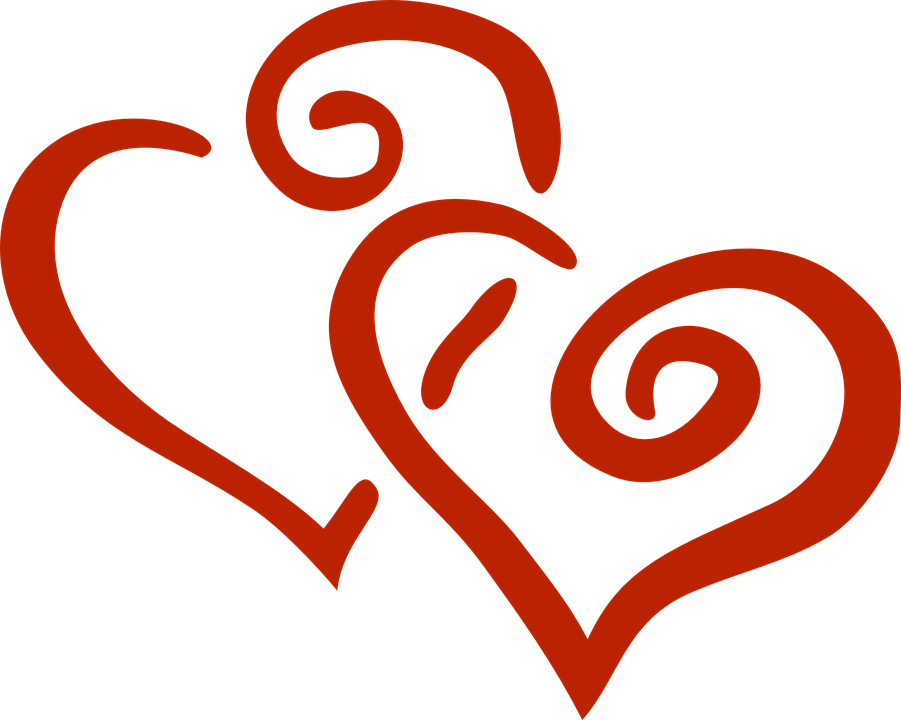
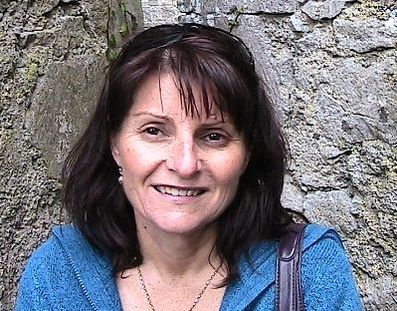
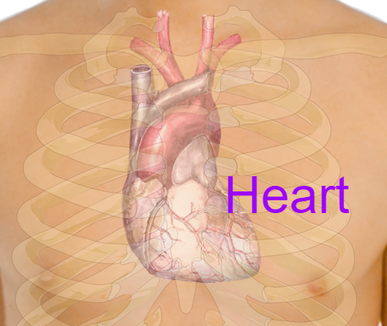

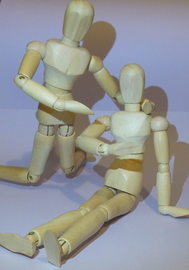
 RSS Feed
RSS Feed


